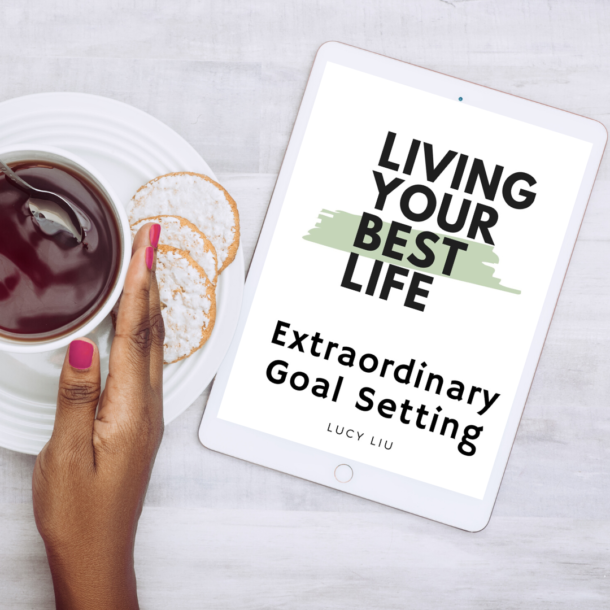There are a few signs that may indicate that you could benefit from setting and maintaining stronger personal boundaries:
- You often feel overwhelmed, drained, or taken advantage of by others.
- You have difficulty saying “no” to requests or demands from others, even when they are unreasonable or inconvenient.
- You find it difficult to set and maintain boundaries with others, whether in your personal or professional life.
- You have a tendency to put the needs of others before your own, often to the point of neglecting your own well-being.
- You have a hard time setting and achieving your own goals because you are too focused on meeting the expectations of others.
- You frequently feel anxious or stressed out because you are unable to meet the expectations of others or because you feel that you are not living up to your own expectations.
If you recognize any of these signs in yourself, it may be a good idea to start setting and maintaining stronger personal boundaries.
This can help you feel more in control of your life, reduce feelings of stress and overwhelm, and allow you to focus on your own needs and goals.
Setting personal boundaries is an important part of maintaining a healthy balance in your relationships and taking care of your own well-being. Here are some tips for putting more personal boundaries in place:
- Know your limits: It’s important to understand your own limits and what you are and are not comfortable with. Take some time to think about what you need in order to feel balanced and fulfilled, and use this as a guide for setting boundaries.
- Know your values and priorities: We have millions of tasks that we could possibly attend to do, but you get to choose what is important to you and there’s no right or wrong answer here. What’s important to you is important for you to look at and spend time on so know your values and priorities and put them first on your calendar.
- Communicate your boundaries: Once you know what your boundaries are, it’s important to communicate them to others. This can be difficult at times, but it’s essential for maintaining healthy relationships and taking care of yourself. Be clear and direct about what you are and are not willing to accept, and try to do so in a non-confrontational way.
- Practice saying “no”: It can be hard to say no, especially if you’re a people-pleaser or if you feel pressure to do things for others. However, it’s important to be able to say no in order to maintain your own boundaries and protect your own well-being. Practice saying no in a respectful way, and don’t be afraid to do so when it’s necessary.
- Don’t be afraid to set consequences: If someone constantly violates your boundaries, it may be necessary to set consequences. This could be as simple as telling the person that you will no longer engage in a certain behavior or activity with them if they continue to disrespect your boundaries.
- Work on your self worth muscles. Feeling self worth and confident is important factor on how we see ourselves being treated and how we can
- Seek support: If you’re having difficulty setting and maintaining boundaries, it can be helpful to seek support from a therapist or other trusted individuals such as life coaches or productivity coaches. They can provide guidance and help you develop strategies for setting and enforcing your boundaries.


 Lucy Liu is a master life coach helping women uplevel in business and life to confidently live an epic life! She is an unshakable optimist, wife, mom, entrepreneur, workshop facilitator, motivational speaker, best selling author and podcast host of The Lucy Liu Show.
Entrepreneurs & high achievers hire her to see clarity and take quantum leaps FAST. Because most of them are overthinking, scattered and self-doubting. She's best at helping you get unstuck, make faster decisions and fulfill higher potential. Bottom line: not only make more money and impact, but have more fun and live an EPIC life by design.
She has been featured in Medium, VoyageLA, Elephant Journal, ThriveGlobal, South China Morning Post and dozens of other media outlets.
Lucy Liu is a master life coach helping women uplevel in business and life to confidently live an epic life! She is an unshakable optimist, wife, mom, entrepreneur, workshop facilitator, motivational speaker, best selling author and podcast host of The Lucy Liu Show.
Entrepreneurs & high achievers hire her to see clarity and take quantum leaps FAST. Because most of them are overthinking, scattered and self-doubting. She's best at helping you get unstuck, make faster decisions and fulfill higher potential. Bottom line: not only make more money and impact, but have more fun and live an EPIC life by design.
She has been featured in Medium, VoyageLA, Elephant Journal, ThriveGlobal, South China Morning Post and dozens of other media outlets. 


